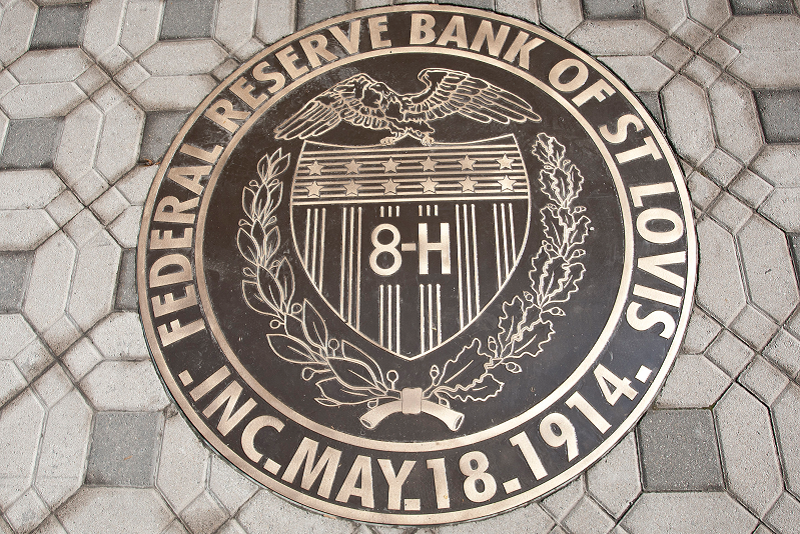BROWSE BY TOPIC
- Bad Brokers
- Compliance Concepts
- Investor Protection
- Investments - Unsuitable
- Investments - Strategies
- Investments - Private
- Features/Scandals
- Companies
- Technology/Internet
- Rules & Regulations
- Crimes
- Investments
- Bad Advisors
- Boiler Rooms
- Hirings/Transitions
- Terminations/Cost Cutting
- Regulators
- Wall Street News
- General News
- Donald Trump & Co.
- Lawsuits/Arbitrations
- Regulatory Sanctions
- Big Banks
- People
TRENDING TAGS
Stories of Interest
- Sarah ten Siethoff is New Associate Director of SEC Investment Management Rulemaking Office
- Catherine Keating Appointed CEO of BNY Mellon Wealth Management
- Credit Suisse to Pay $47Mn to Resolve DOJ Asia Probe
- SEC Chair Clayton Goes 'Hat in Hand' Before Congress on 2019 Budget Request
- SEC's Opening Remarks to the Elder Justice Coordinating Council
- Massachusetts Jury Convicts CA Attorney of Securities Fraud
- Deutsche Bank Says 3 Senior Investment Bankers to Leave Firm
- World’s Biggest Hedge Fund Reportedly ‘Bearish On Financial Assets’
- SEC Fines Constant Contact, Popular Email Marketer, for Overstating Subscriber Numbers
- SocGen Agrees to Pay $1.3 Billion to End Libya, Libor Probes
- Cryptocurrency Exchange Bitfinex Briefly Halts Trading After Cyber Attack
- SEC Names Valerie Szczepanik Senior Advisor for Digital Assets and Innovation
- SEC Modernizes Delivery of Fund Reports, Seeks Public Feedback on Improving Fund Disclosure
- NYSE Says SEC Plan to Limit Exchange Rebates Would Hurt Investors
- Deutsche Bank faces another challenge with Fed stress test
- Former JPMorgan Broker Files racial discrimination suit against company
- $3.3Mn Winning Bid for Lunch with Warren Buffett
- Julie Erhardt is SEC's New Acting Chief Risk Officer
- Chyhe Becker is SEC's New Acting Chief Economist, Acting Director of Economic and Risk Analysis Division
- Getting a Handle on Virtual Currencies - FINRA
ABOUT FINANCIALISH
We seek to provide information, insights and direction that may enable the Financial Community to effectively and efficiently operate in a regulatory risk-free environment by curating content from all over the web.
Stay Informed with the latest fanancialish news.
SUBSCRIBE FOR
NEWSLETTERS & ALERTS
Take-Aways in Financial Regulation Following Tarullo's Resignation
Friday’s announcement that Federal Reserve Governor Daniel Tarullo plans to resign this spring gives a big boost to President Donald Trump’s financial deregulation agenda. Named to the Fed by President Barack Obama at the height of the financial crisis in 2009, Mr. Tarullo has been the most influential voice shaping the U.S. government’s regulatory response. His actions have been praised by some for making the system safer and derided by others - notably many Republicans and Trump advisers–for choking the financial system with too many rules.
THE MOST POWERFUL MAN IN BANKING. For the past 8 years, the most important person in the banking business hasn’t been a banker – it’s been Mr. Tarullo, the brusque, white-haired former law professor who has come to personify Washington’s post-crisis influence over how banks do business. Mr. Tarullo heads the Fed’s Committee on Bank Supervision. On paper - and in practice for most of the previous decades - the post isn’t a hugely powerful one. But the 64-year-old took office at a moment of broad public support for a more aggressive tack and has pressed that advantage ever since.
WHO WILL REPLACE HIM? Mr. Tarullo has served as the Fed’s de facto vice chairman in charge of bank oversight - a position created by the 2010 Dodd-Frank overhaul law – though he was never formally given the job. Mr. Trump’s aides have been interviewing candidates to fill that slot, and David Nason, a Treasury official under President George W. Bush who now leads GE Energy Financial Services, has emerged as the front-runner for the top bank oversight job at the Federal Reserve.
TARULLO’S INFLUENCE. The Fed’s greatest influence on big banks has been through its implementation of annual “stress tests” and its examination of “living wills,” processes designed to force banks to show regulators their ability to withstand a new financial shock, or, failing that, to go out of business in an orderly fashion without requiring a taxpayer bailout. The Fed has considerable discretion in how it administers and assesses those tests, and those decisions overseen by Mr. Tarullo have had a big impact on the banking industry.
RULES IN LIMBO. Mr. Tarullo has proposed further changes in how the Fed regulates banks, notably a plan to impose a new “surcharge” on the biggest banks that would force them to further bulk up their balance sheets to guard against shocks. But that rule hasn’t been formally proposed, and Mr. Tarullo’s pending departure casts doubt over its prospects.
OTHER KEY REGULATORY OPENINGS. Besides the Vice Chair position at the Fed, Mr. Trump now has the opportunity to fill the Chair positions at the SEC and CFTC. Other slots are expected to open up soon.





